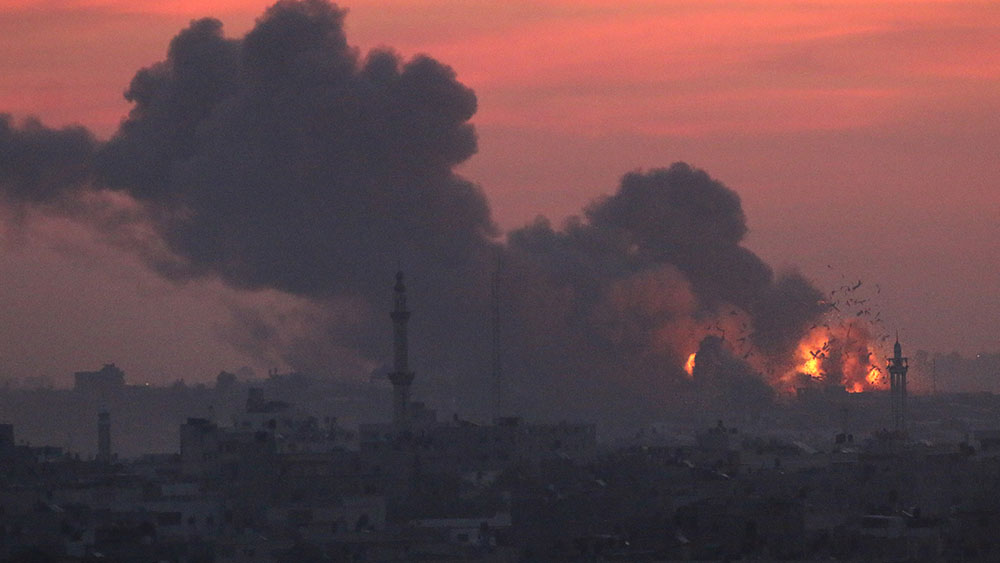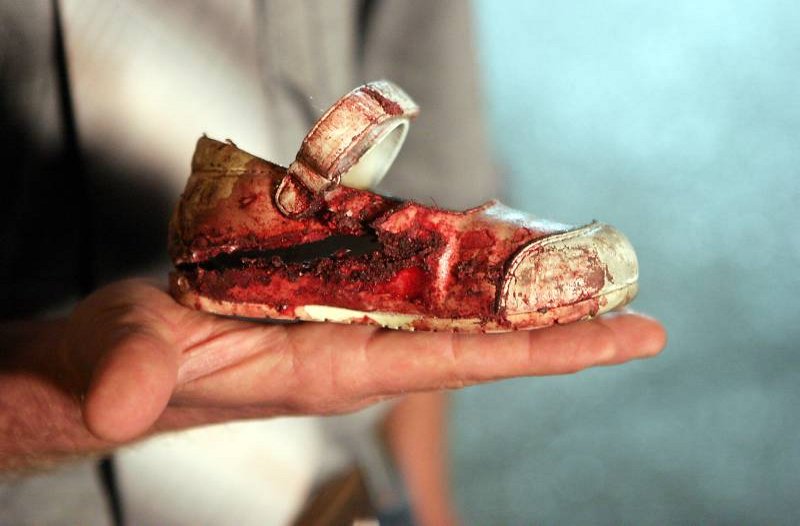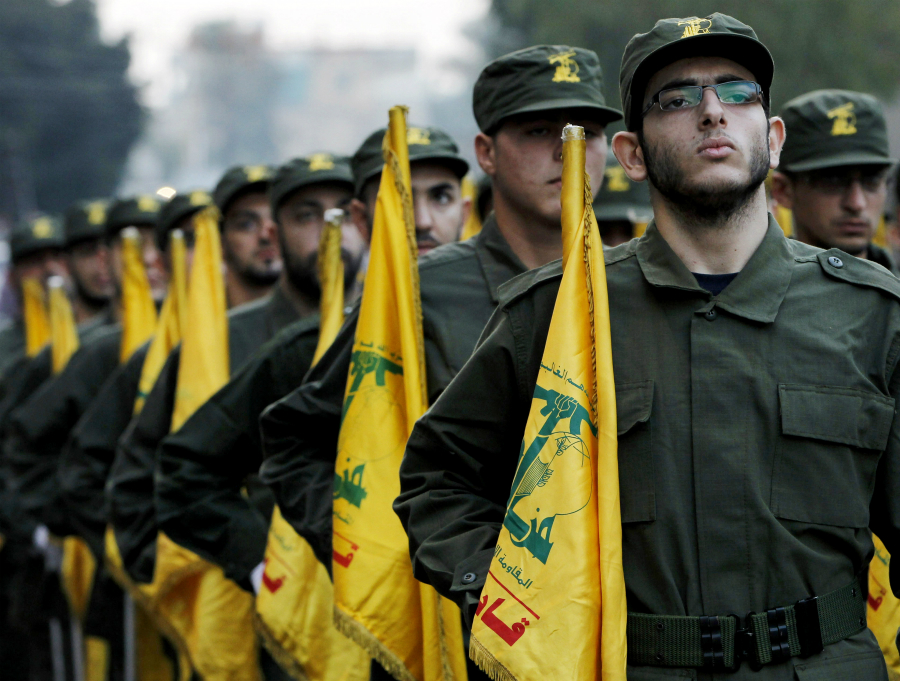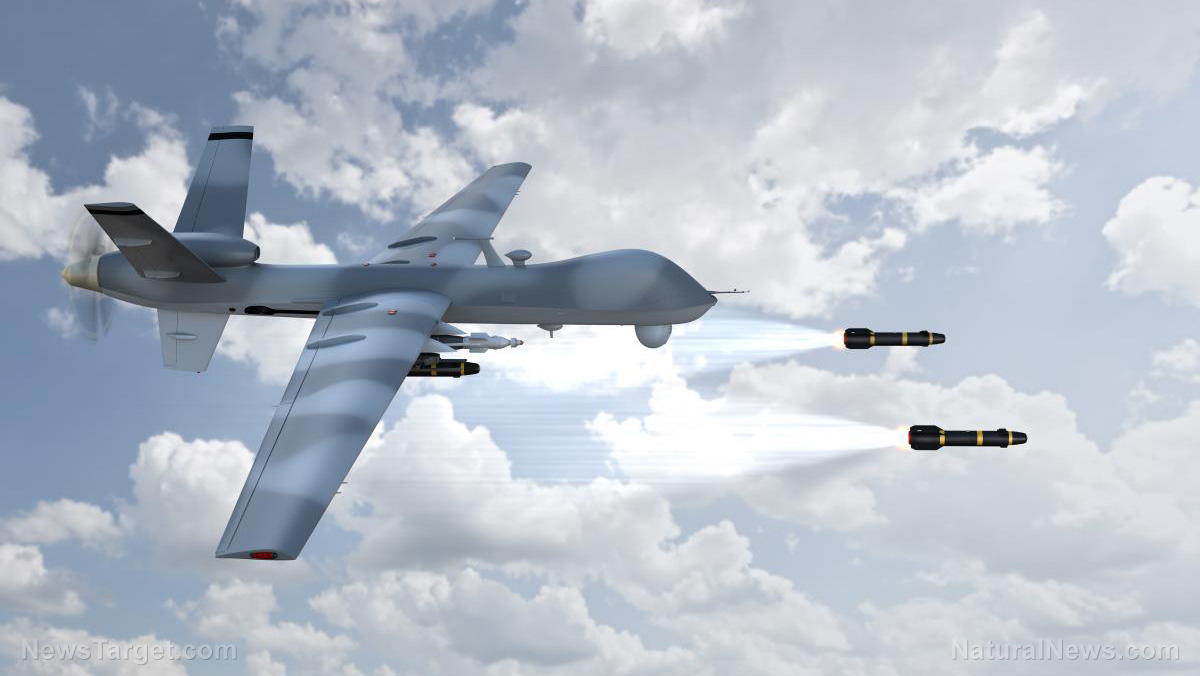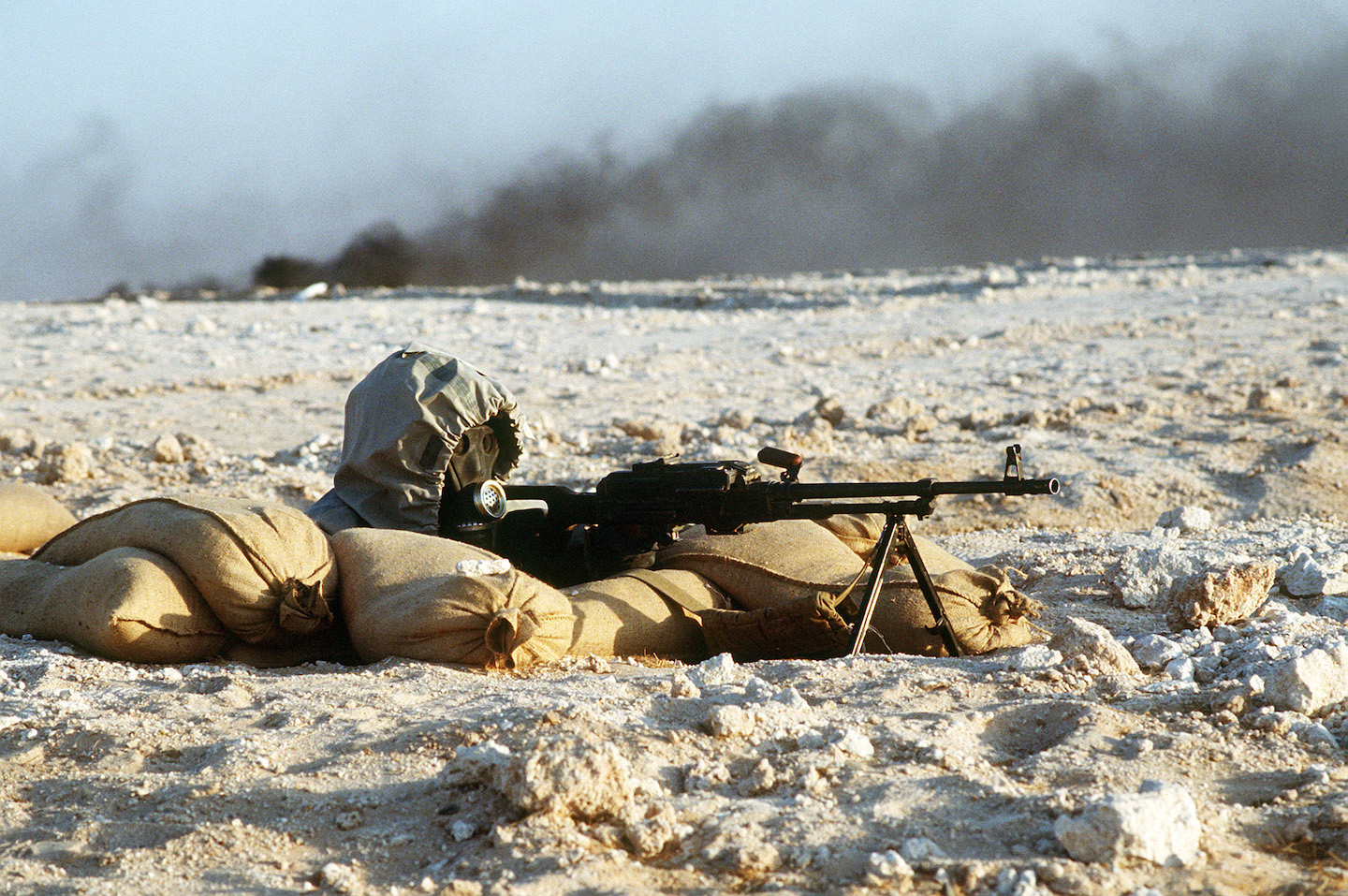
The modern Axis of Russia, China, North Korea and Iran is continuing to test the resolve and ability of our mind-addled geriatric president, this time in Syria.
To his credit, Biden launched retaliatory strikes on Thursday, March 23, against Iranian proxy forces in Syria after they launched a suicide drone attack on a U.S. base there, killing a contractor and wounding five American troops.
But, according to experts who spoke to Fox News Digital, the U.S. can no longer afford to take a reactive stance toward Iran, as the total number of troops killed by Iran-backed groups continues to rise, as detailed in a Pentagon report.
"Iran's regional strategy of working through proxies and carve outs is continuing unabated," Behnam Ben Taleblu, a senior fellow and Iran expert at the Foundation for Defense of Democracies, told the network. "The open question is, when will the Biden administration ditch tit-for-tat strikes and work to rollback Iran's Shiite militia network in the heartland of the Middle East?"
Following the death of the U.S. contractor and injuries to six other Americans that were caused by Iran's Islamic Revolutionary Guards Corps crashing a UAV into a building, President Biden ordered a series of retaliatory precision airstrikes in Syria on Thursday. As per reports, those airstrikes resulted in the killing of eight Iranians.
The Pentagon stated that the UAV responsible was assessed to be of Iranian origin by U.S. intelligence. As a result, Biden authorized the military to take retaliatory action. The Pentagon confirmed that the U.S. engaged in "proportionate and deliberate action" aimed at limiting the risk of escalation.
We are building the infrastructure of human freedom and empowering people to be informed, healthy and aware. Explore our decentralized, peer-to-peer, uncensorable Brighteon.io free speech platform here. Learn about our free, downloadable generative AI tools at Brighteon.AI. Every purchase at HealthRangerStore.com helps fund our efforts to build and share more tools for empowering humanity with knowledge and abundance.
But Taleblu said such limited strikes – Biden has never been very good at foreign policy despite his years on the Senate Foreign Relations Committee – will only invite more aggression from the Iranians.
"Washington can expect more, not less, drone and rocket attacks on U.S. positions," he continued. "Washington needs a better response ratio to Iran-backed attacks, be they in Syria or Iraq or emanating from one domain but striking the other."
"Pulling punches in Iraq and doubling down in Syria is unlikely to change Iran's regional calculus," he added.
According to a 2019 report by the Pentagon, the total number of Americans killed in Iraq by Iran-backed groups was around 608, which represents a 20 percent increase from previously reported figures.
House Foreign Affairs Committee member, Rep. Andy Barr (R-KY), told Fox News host John Roberts on "America's Newsroom" Friday, March 24, the administration is showing that "weakness invites aggression."
"When you are engaged in an effort to provide sanctions relief to the Mullahs in Tehran, this invites aggression," Barr told Roberts. "The sanctions relief that the Biden administration is proposing to deliver to Tehran would actually embolden these proxy terror groups, and it would help Iran finance the very terrorists who attacked our assets and American soldiers just last night."
Taleblu agreed with that perspective, emphasizing that policymakers must ensure that deployed troops have sufficient air defense coverage to prevent and defeat the persistent rocket and drone threat.
According to Bill Roggio, the managing editor of the Long War Journal, the situation in Syria is particularly challenging since the days of a more forceful presence in the region "are long gone."
"As critical as we could be with [the occupation of] Iraq, there are at least Iraqi military units and Iraqi political groups that we could work with," Roggio said. "In Syria, there’s not a lot of good allies."
Roggio pointed out that achieving a more conclusive military outcome in Syria would necessitate deploying "tens of thousands, if not hundreds of thousands of troops" and an extended occupation, which the United States has no appetite for, particularly after the experiences in Iraq and Afghanistan.
Sources include:
Please contact us for more information.















